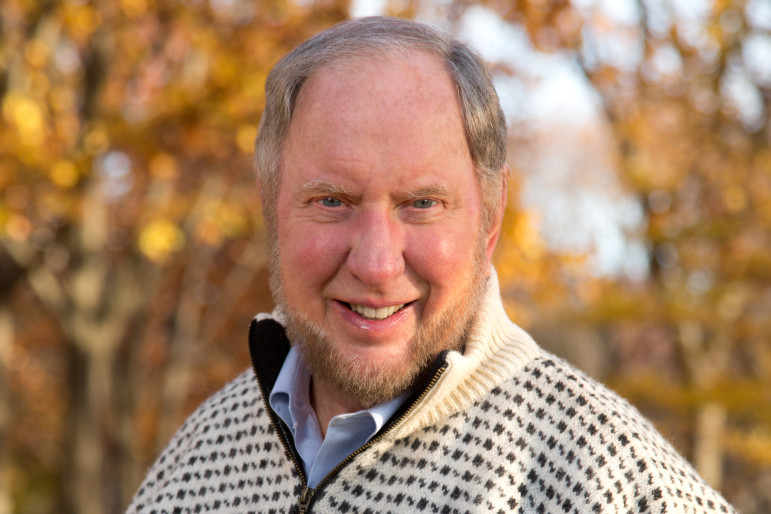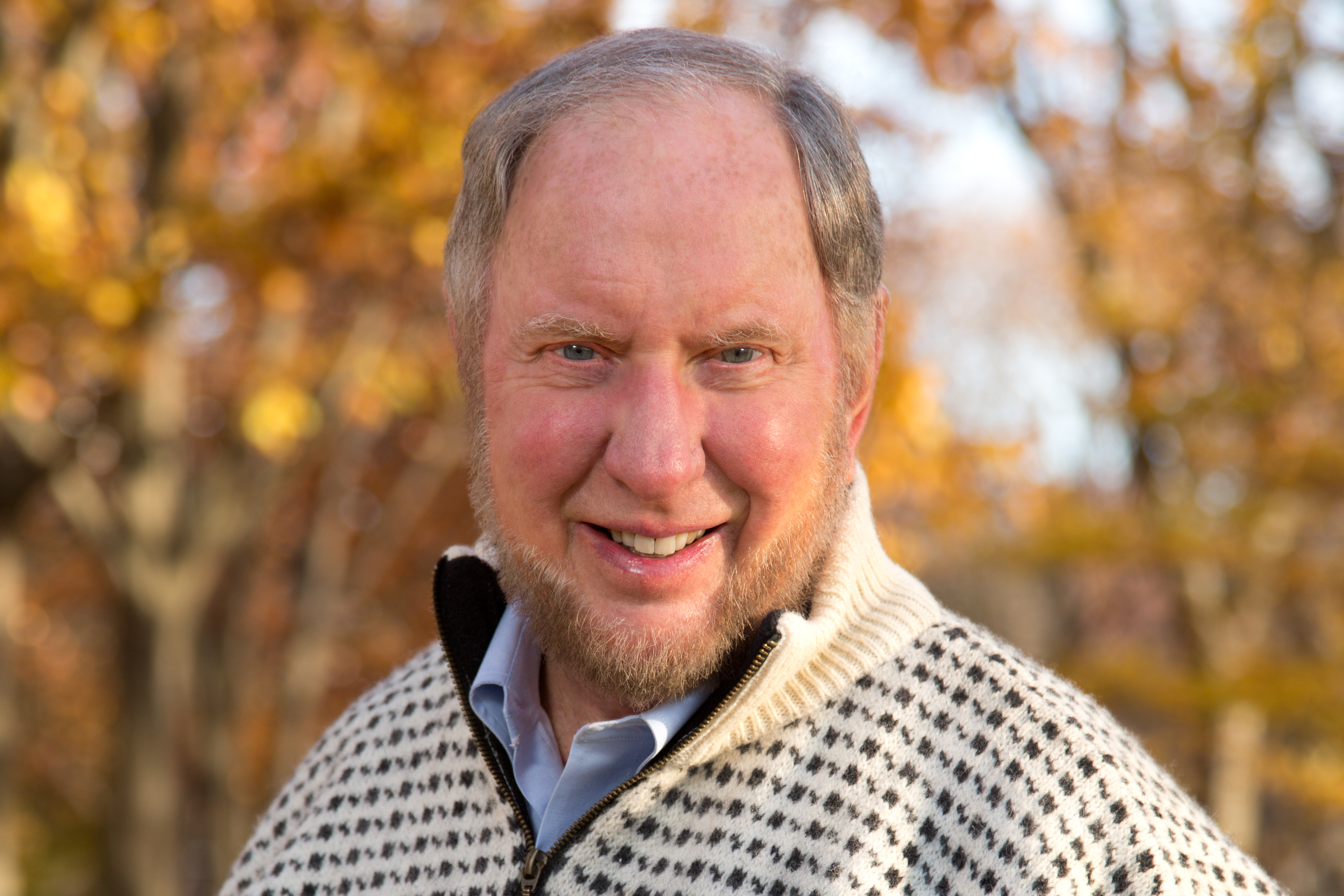
Martha Stewart Photography
Author Robert Putnam
ATLANTA — “Our Kids” is not just the name of Robert Putnam’s latest book. The author of “Bowling Alone” has issued a challenge to all Americans that we reclaim and become devoted to improving opportunity for all children, not just the rich.
“They [poor children] have been betrayed by their neighborhoods, their communities and the people closest to them,” Putnam said. “Back in the day, when I was growing up, our parents could not have slept at night worrying about what they called ‘our kids’ — all the kids in our town. We have to do the same.”
The Harvard political scientist, who is visiting several cities on his national book tour, recently spoke to a group at the Atlanta History Center that included former Mayor Shirley Franklin, telling them that “the poor kids of America are alone. They are deeply alone.”
Putnam told stories, as he does in the book, about youth who grew up being sexually abused or who witnessed murders, making the point of how different their lives are from rich kids’ lives. (For purposes of discussion, he defines rich kids as those who are college-educated and poor kids as those who are not.)
Putnam’s big push in this book is class, not race. However, when asked whether recent events in Baltimore were about class and not race, he said, “No, no. African-Americans have a unique and complicated history with the criminal justice system.”
Thus, race matters a great deal in the Baltimore events, he said.
His broader concern, and the purpose of his book, he said, is economic inequality among all races.
“I would like to see inequality be the issue of the 2016 campaign,” he said.
He also had a plethora of charts and PowerPoints. One showed that rich children with low grades and test scores are more likely to go to college than poor African-American youth with higher test scores.
“You’re more likely to get a degree if you’re a dumb, rich kid than a poor, smart kid,” he said. “That’s a direct contradiction of the American dream.”
Putnam also cited studies that indicate that extracurricular activities make a big difference in a teen’s ability to get into college, get ahead in life and develop what he called “soft skills” that help with interpersonal and work relationships.
“It matters a lot,” Putnam said about extracurricular activities. “All those soft skills are important. That’s why extracurricular activities were invented.” Employers pay a lot for soft skills, he said.
But something bad happened in the 1980s, he said. With budgetary cutbacks, public school students started having to shoulder more of the costs of such activities.
“Once you started charging, poor kids dropped out,” he explained.
Putnam, conservatively dressed in navy suit, crisply pressed shirt and yellow tie, listed “purple policy actions” that would appeal to people on both sides of the red and blue political spectrum.
Topping his list was improved early childhood education.
“I don’t mean babysitting, but well-paid educational instruction,” he said.
He also cited extracurricular activities that don’t have to be paid for as an area that needs immediate attention.
Improved vocational training for high school students and young adults not going to college is also essential, he said.
In an interview before the talk, Putnam discussed the importance of mentoring, getting involved one-on-one with poor youth.
While he outlined some policy and personal changes he says are called for, Putnam said he is not advocating for wholesale social reform.
“I don’t want America to be Sweden,” he said. “I want America to be the best America it can be.”
He thinks that can happen by renewing attention to children and youth from all backgrounds, and from everyday citizens becoming more engaged. He made it a point to note that the problems facing poor children is something that adults of all political persuasions must face.
“I’m consciously trying to expand the number of people who care about poor kids,” he said. “I don’t think we’ll get there if we relitigate the past. I want to focus on the kids. That’s as good as I can do.”


























